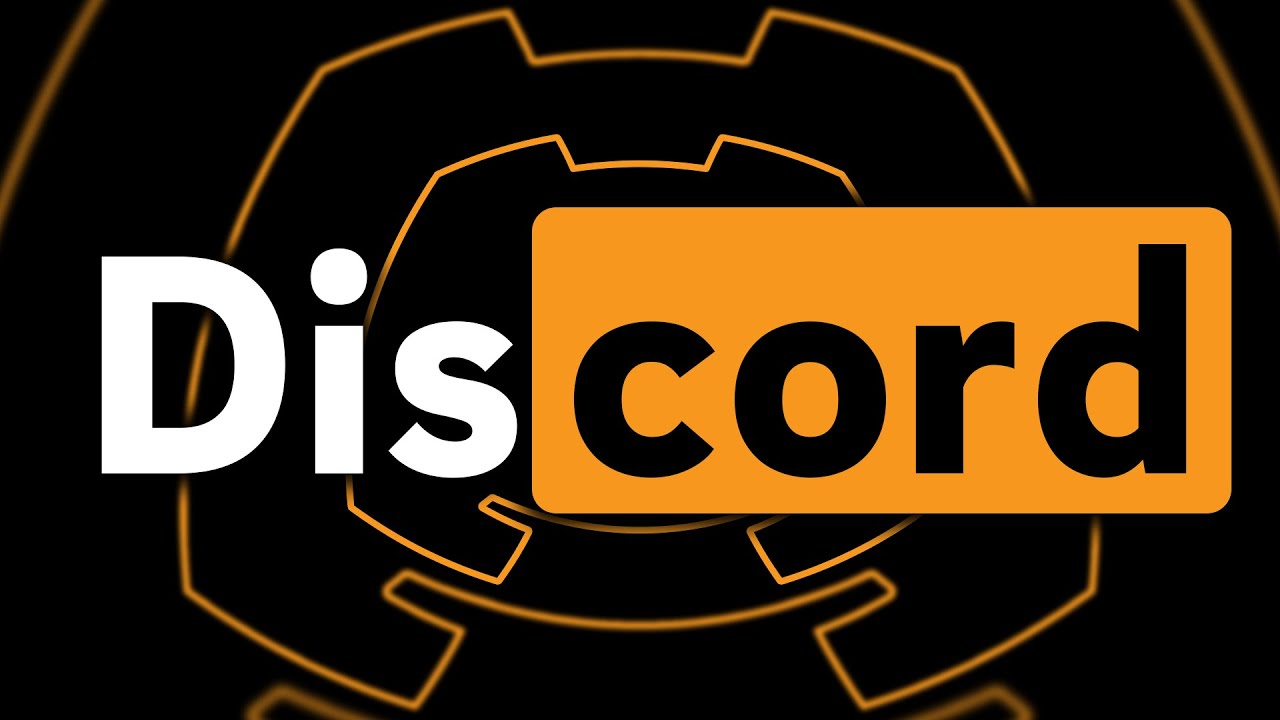Heads Up which means
Have you ever heard someone say “heads up” and question what they intended? This not-unusual word might appear simple, but it carries a lot of weight in our day-to-day conversations. Understanding phrases like “heads up” is important due to the fact that they help us talk more successfully and connect with others on a deeper level.
Origins of “Heads Up”
Historical and historical past

The phrase “heads up” has an interesting history. Originally, it was a command utilized in military and sports contexts, urging humans to pay attention and be alert. Imagine infantrymen marching and needing to stay privy to their surroundings, or athletes wanting to preserve these as much as avoid a ball.
Evolution of usage
Over time, “heads up” developed from its literal use in commands to an extra-figurative one. In recent times, it’s typically utilized in various situations to mean giving a person a caution or alerting them to something essential.
Literally, which means “heads up.”
Fundamental Definition
In the middle, use the method to maintain your head raised and live vigilant. It’s approximately maintaining awareness and readiness for something that comes your way.

Contextual Examples
For example, if you’re walking through a crowded area, a person might shout “heads up” if there may be an impediment on your route. It’s a brief and powerful way to make certain you stay conscious and keep away from capability harm.
Figuratively, that means “heads up.”
caution or Alert
Figuratively, it is regularly used to give a person a warning. If you inform your colleague, “Heads up” the boss is coming,” you’re alerting them to be organized for the boss’s arrival.
Informing someone in advance
It can additionally mean informing a person approximately something earlier. For example, you might say, “just a heads up, the meeting has been moved to 3 PM,” allowing them to understand about the agenda change before it happens.
Common Contexts for “Heads Up”
ordinary Conversations
In daily existence, it is used frequently. Whether or not you are speaking to buddies or your own family, giving them approximate plans or adjustments is a common courtesy.
Expert Settings: Heads Up

Within the administrative center, it may be essential for powerful communication. Alerting your group about a deadline exchange or a new mission ensures everyone is on the same page.
Social Media and online communication
Even in virtual communique, “heads up” is everyday. You would possibly see it in emails, texts, or social media posts. It’s regularly used to quickly update followers or contacts about vital information.
Examples in everyday existence
At work, heads up
Consider that you’re at work, and there’s a surprising trade in the project closing date. You may send a short email to your group: “Heads up, the deadline for the venture has been moved as much as Friday.”
At home
At domestic, you would possibly tell your circle of relatives, The plumber can be right here at 10 AM the following day,” to make sure each person is prepared for the go-to.
With pals heads up
With friends, you may say, “Heads up, i am bringing a plus one to dinner tonight,” to tell them about a further guest.
Cultural variations and utilization
variations across English-speaking nations
While it is generally understood in many English-speaking nations, the frequency and context of its use can vary. For instance, Americans may use it extra casually At the same time, in the UK, it might be reserved for slightly more formal warnings.
Non-English Equivalents
Different languages have their equivalents to “heads up.” In Spanish, you would possibly pay attention “¡Ojo!” this means that “watch out!” Further, in French, “interest” serves the same purpose.
Mental effect of “Heads Up”

Readiness and alertness
Giving someone a heads-up can substantially increase their readiness and application. It prepares them mentally for what is to come, lowering their level of wonder.
Pressure reduction
It can also help relieve stress if done on time. Knowing what is coming allows humans to devise and prepare, which can make probably worrying situations extra workable.
“Heads Up” in famous culture
Movies and tv indicates
The phrase “heads up” is regularly featured in movies and television shows. Characters use it to warn everyone of an impending risk or to alert someone to an important improvement.
Song and Literature

In music and literature, it can be a powerful phrase. It conveys urgency and importance, drawing the audience’s attention to vital moments inside the story or song.
Synonyms and associated terms
Heads-up alternatives
There are numerous synonyms for “heads up,” including “watch out,” “be careful,” “alert,” and “word.” Every one of those phrases may be utilized in similar contexts but might deliver barely special connotations.
Utilization eventualities for Synonyms
For instance, “be careful” is regularly used in just-chance situations, while “note” is probably used for less urgent updates. Selecting the proper synonym depends on the context and the level of urgency you need to convey.
The use of “Heads Up” correctly
Exceptional Practices
While the use of “heads up is important,” readability is fundamental. Make certain your message is concise and specific to make certain the recipient is aware what they need to be privy to.
Commonplace errors to avoid
Keep away from using this for trivial matters, as it may dilute the phrase’s impact. Overusing it is able to make people less likely to take your alerts seriously.
Studying through Examples
Actual-lifestyles situations
Position-playing real-existence scenarios allow you to master the usage of the “watch out.” exercise with a chum or colleague to get cozy with distinct contexts and responses.
Role-gambling physical activities
For instance, take turns giving everyone else a “note” about approximately various situations, which include upcoming meetings, capability hazards, or modifications to plans. This exercise can enhance your communication competencies and make certain you are using the word correctly.
Blessings of Giving a Heads Up
Building trust “watchout”

Giving a “watchout” builds consideration. It suggests that you recognize others’ time and well-being enough to keep them informed about what is happening.
Improving communication: “Note”
It also complements general conversation. When everyone is on the same page, it minimizes misunderstandings and advances teamwork.
The future of “Heads Up”
Evolution in virtual communication heads up
In the virtual age, it keeps adapting. With the rise of on-the-spot messaging and social media, its use has accelerated, becoming a staple of efficient communication.
Ability: New Meanings
As language evolves, it may accumulate new meanings or nuances. Staying attuned to those adjustments permit you to use the phrase accurately as language continues to broaden.
Conclusion
Know-how means and is more than just studying a phrase; it’s approximately enhancing your communication talents and connecting better with others. Whether or not you’re giving a warning, sharing critical data, or surely trying to preserve anybody knowledgeable, learning this word can make a full-size distinction for your interactions.
FAQs
Q1: What are some common synonyms for “heads up”?
Not unusual synonyms for “heads up” consist of “watch out,” “be cautious,” “alert,” and “be aware.” Each can be utilized in numerous contexts to deliver similar meanings.
Q2: Can “alert” be utilized in formal writing?
While “alert” is extra informal, it can be used in formal writing if the context allows. It is high-quality and suited for casual updates or warnings in expert emails.
Q3: How do different cultures interpret “Heads Up”?
Different cultures have their equivalents of “heads up.” For instance, in Spanish, “¡Ojo!” means “be careful,” and in French, “interest” serves a comparable cause. The phrase’s utilization can range primarily based on cultural conversation patterns.
Q4: What are a few common mistakes in the usage of this phrase?
Common mistakes include the use of “aware” for trivibe-related matters, which may dilute its effect, and overusing it, which could make humans less likely to take your signals seriously.
Q5: How am I able to use it to improve my communication capabilities?
The use of “be cautious” efficiently involves being clear and concise. Exercise with actual-existence eventualities and role-playing physical games to beautify your potential to offer well-timed and appropriate warnings or updates.




